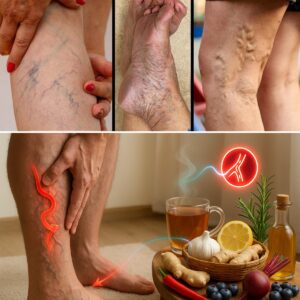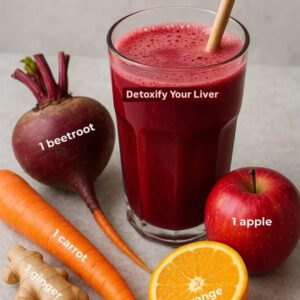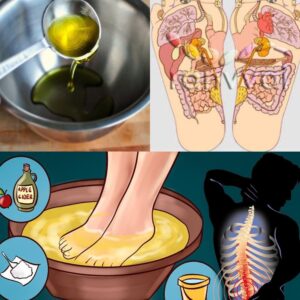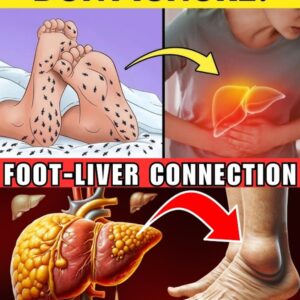The Fascinating Science of Bone Renewal
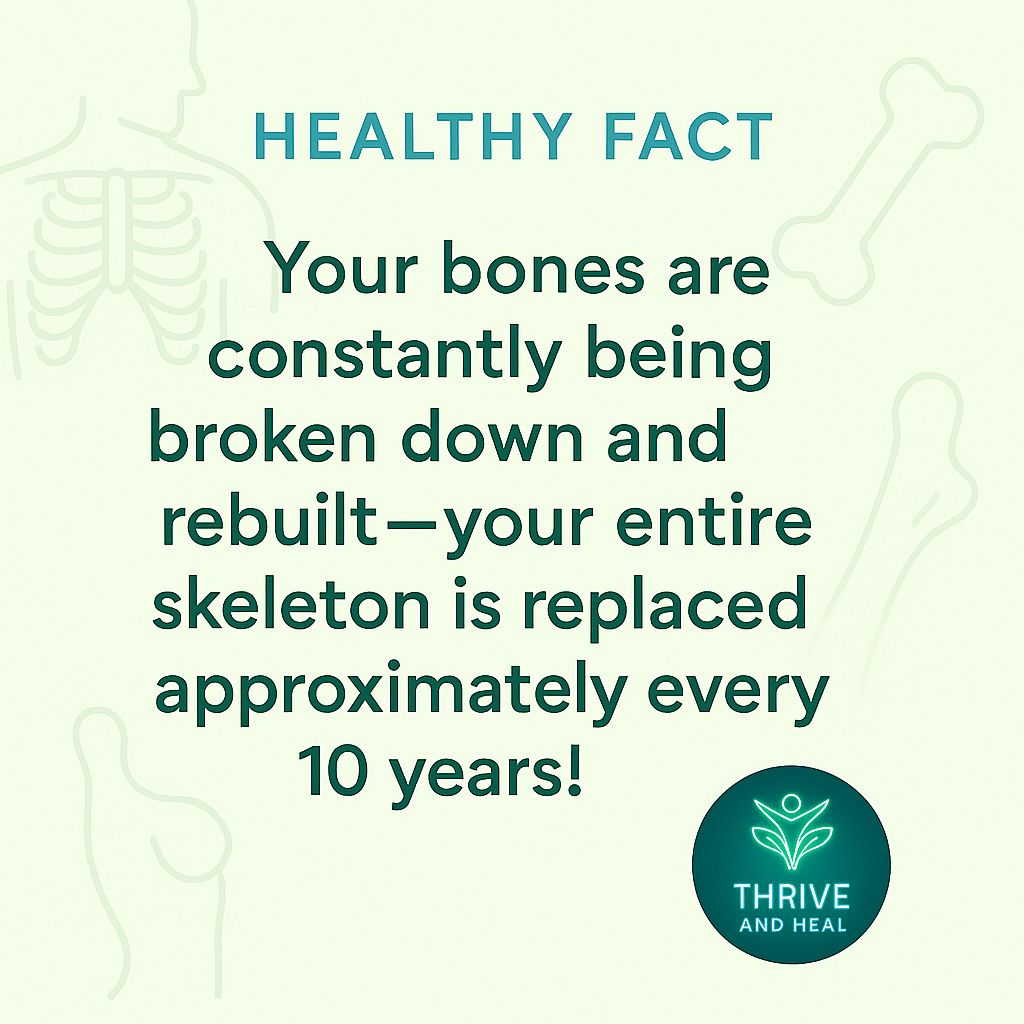
You might think of your skeleton as a static, unchanging framework. But here’s a surprising truth: your entire skeleton renews itself every 10 years. That means your body is constantly working behind the scenes to break down old bone tissue and replace it with new, stronger bone.
This process, known as bone remodeling, is crucial for maintaining your bone density, strength, and overall health throughout your life. It’s an invisible but powerful system that helps heal micro-damage, regulate calcium levels, and adapt your bones to the physical stress of daily life.
How Does Bone Renewal Work?
Bone renewal is a balance between two key processes:
- Resorption: Old bone is broken down by cells called osteoclasts.
- Formation: New bone is built by cells called osteoblasts.
In a healthy body, this cycle remains in balance. But as we age, bone breakdown can begin to outpace bone formation — leading to weaker bones, osteopenia, or even osteoporosis.
That’s why understanding bone health and supporting the renewal process is essential — especially after your 30s, when bone density naturally begins to decline.
5 Tips to Support Your Bone Health Naturally
1. Get Enough Calcium Daily
Calcium is the primary building block of bones. Adults need around 1,000–1,200 mg per day, depending on age and gender.
Sources of calcium:
- Dairy products (milk, cheese, yogurt)
- Leafy greens (kale, bok choy, spinach)
- Fortified foods (orange juice, cereals)
- Almonds and tofu
2. Don’t Forget Vitamin D
Vitamin D helps your body absorb calcium effectively. Without enough of it, even a calcium-rich diet may not support your bones well.
How to get it:
- Sun exposure (10–20 mins a day)
- Fatty fish (salmon, mackerel)
- Egg yolks
- Supplements if needed (check with a doctor)
3. Stay Active with Weight-Bearing Exercise
Movement sends signals to your bones to stay strong. Weight-bearing and resistance exercises are particularly effective.
Try:
- Walking or jogging
- Dancing
- Climbing stairs
- Strength training (with bands or weights)
- Yoga or Pilates
These activities help build muscle and bone strength while improving balance and reducing your risk of falls.
4. Limit Bone-Depleting Substances
Excessive alcohol, caffeine, sodium, and smoking can interfere with bone metabolism.
Small changes can go a long way:
- Cut down on sugary sodas
- Keep coffee intake moderate
- Avoid smoking or seek support to quit
- Drink alcohol in moderation
5. Add Magnesium and Vitamin K
These nutrients work alongside calcium to build and maintain strong bones.
Good sources include:
- Nuts and seeds
- Avocados
- Leafy greens
- Whole grains
Magnesium helps activate vitamin D, while Vitamin K is crucial for bone protein synthesis.
Why This Matters More Than Ever
Whether you’re in your 20s or your 60s, your skeleton is always in motion—regenerating, adapting, and protecting. While you may not feel the process happening, your daily choices have a big impact on how well your bones renew themselves.
Taking care of your skeletal system now means fewer fractures, more mobility, and better quality of life as you age. It’s never too early — or too late — to start investing in your bone health.
Your Body’s Quiet Superpower
Your bones are more than just a structural support system. They’re a living, dynamic tissue that transforms and rebuilds with you. By making small, smart choices today, you empower your body to stay strong for a lifetime.


